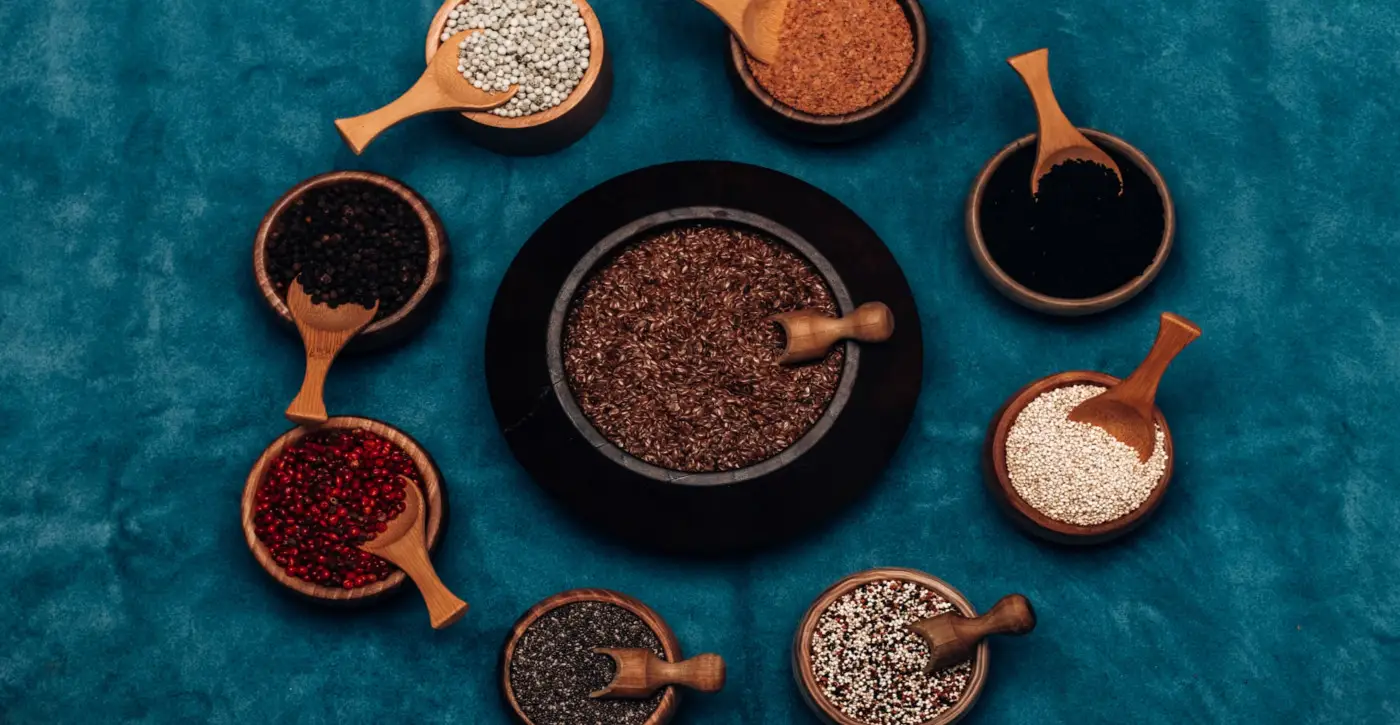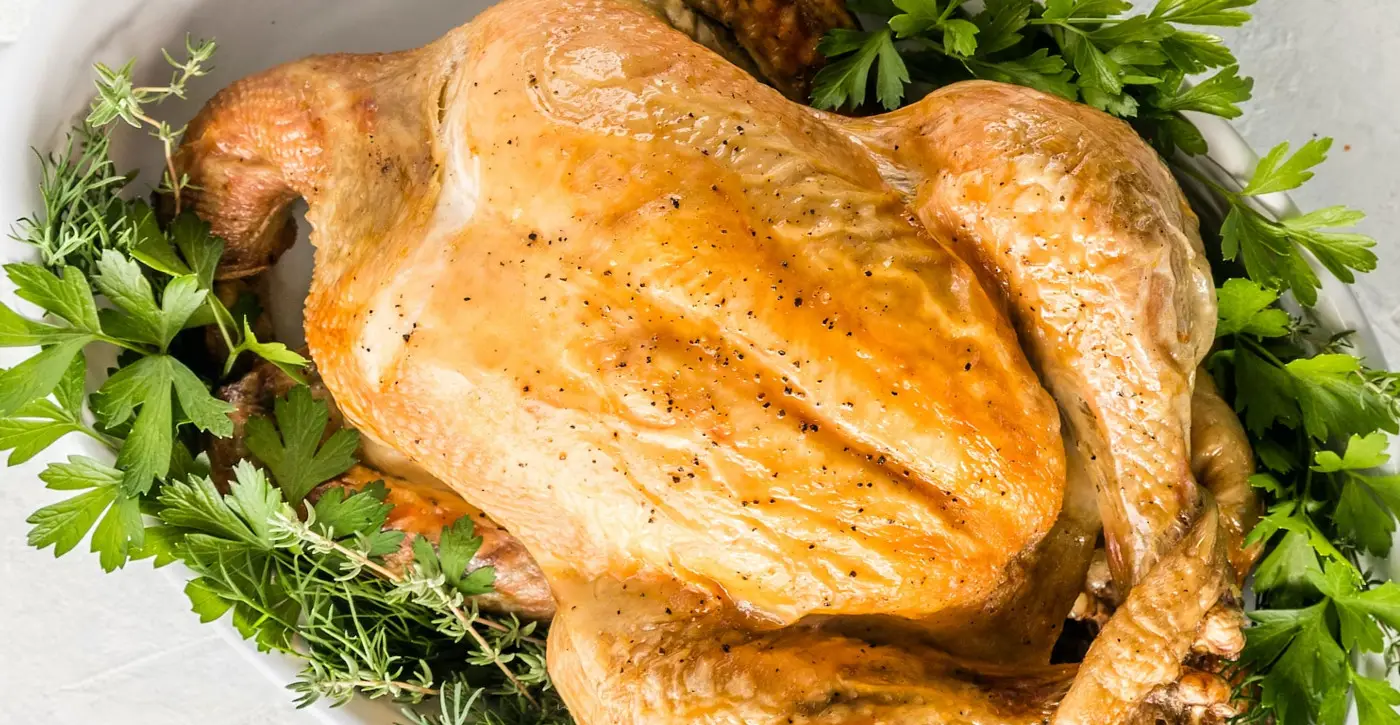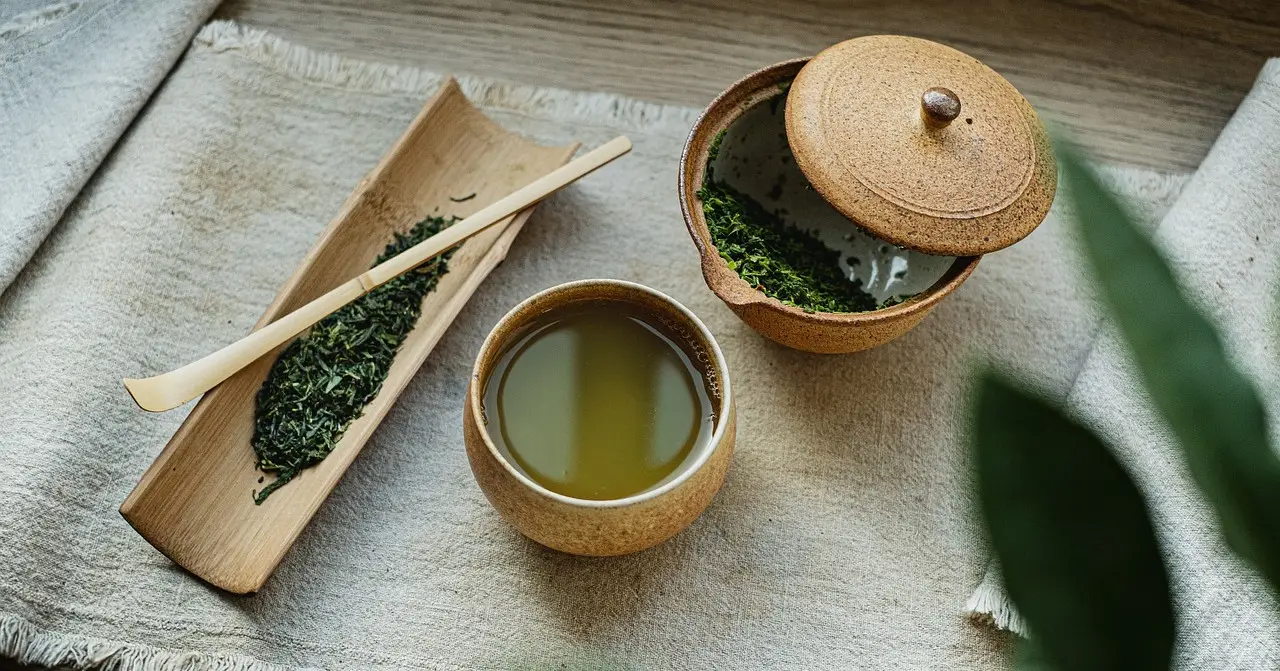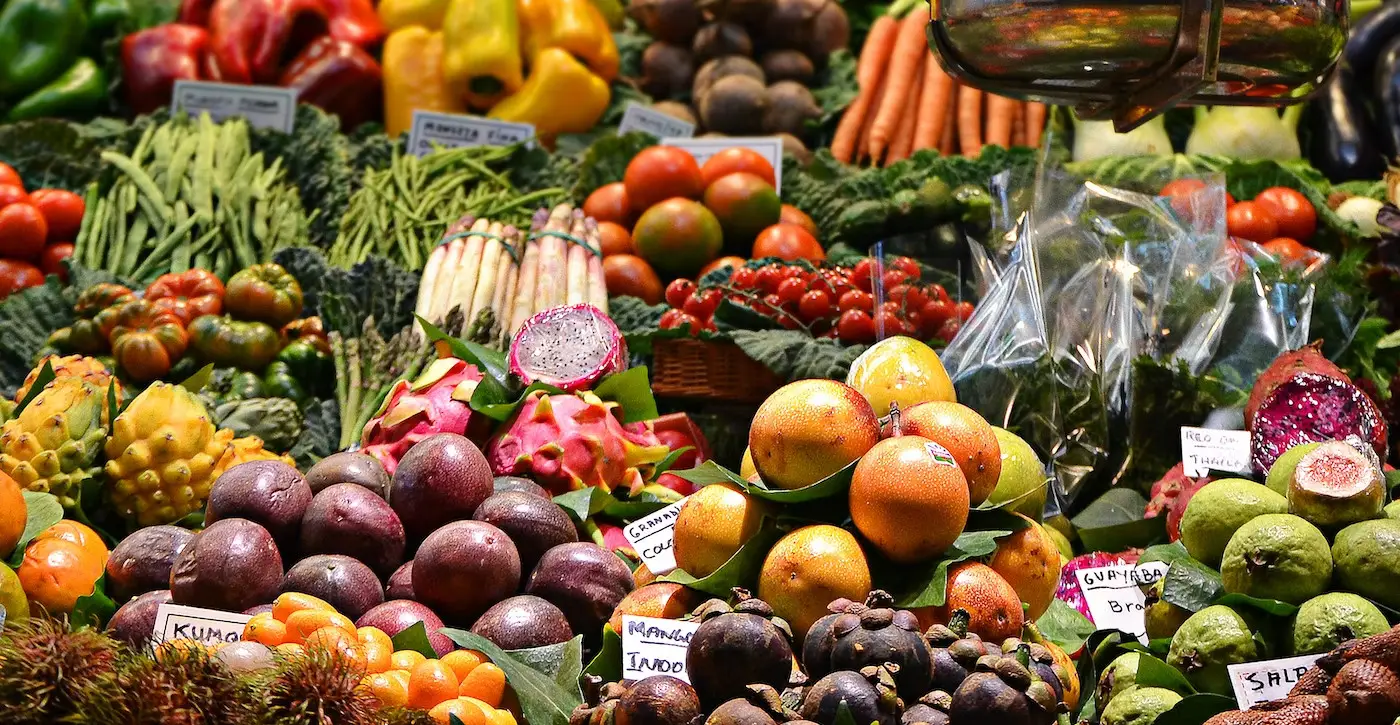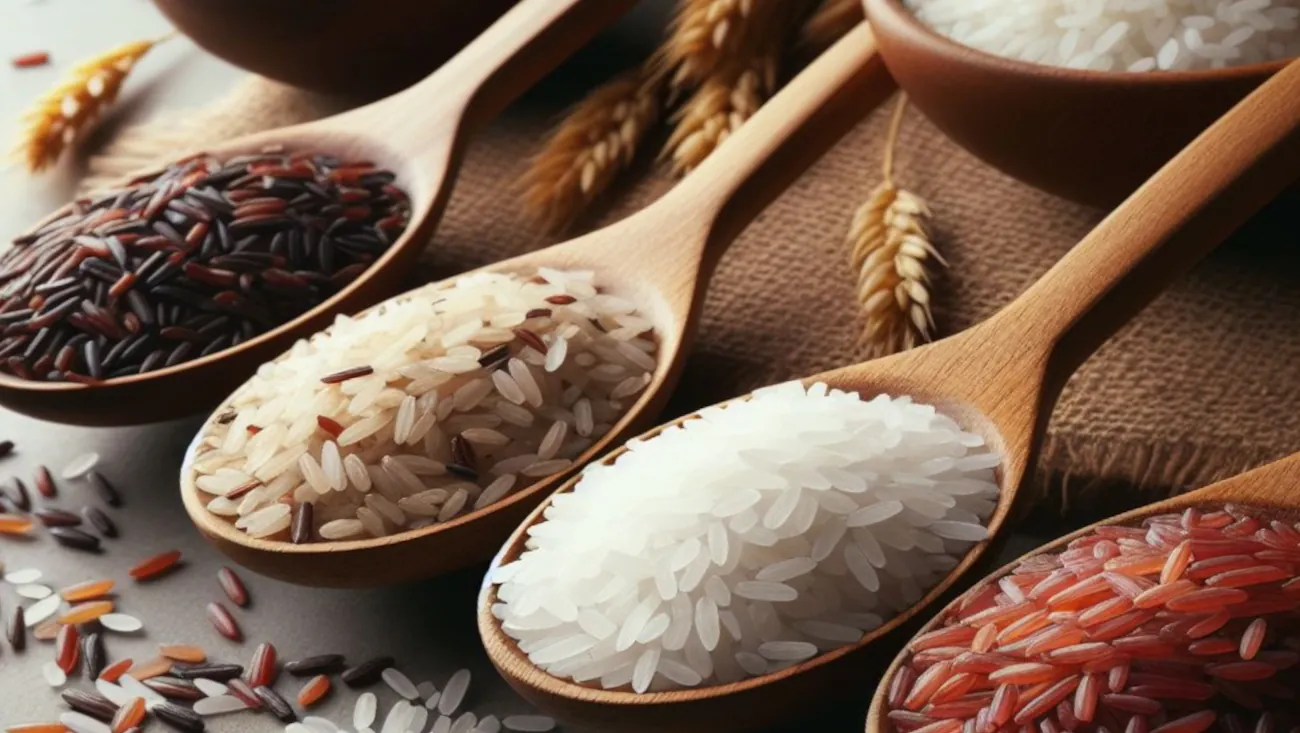Chia seeds Lysine and Arginine Info Sheet
Overview
Chia seeds are tiny, oval-shaped seeds that come from a flowering plant in the mint family.They are rich in fiber, protein, omega-3 fatty acids, and antioxidants.
They can absorb water and form a gel-like texture, making them a popular ingredient for smoothies, puddings, and baked goods.
Chia seeds have many health benefits, such as lowering blood sugar, cholesterol, and blood pressure, improving bowel function, reducing appetite, and enhancing cognitive performance.
They are also gluten-free and suitable for vegan and vegetarian diets.
| Name | Lysine (mg/100g) | Arginine (mg/100g) | Ratio |
|---|---|---|---|
| Chia seeds | 970mg | 2140mg | 0.45 |
Chia seeds contains 970mg of Lysine and 2140mg of Arginine per 100g of product.
This means Chia seeds has a low Lysine-Arginine ratio of 0.45.
Because Chia seeds contains much higher levels of arginine than lysine, limiting its consumption is recommended by people who suffer from herpes, as it may trigger outbreaks.
Lysine Considerations
Chia seeds are a good source of lysine, as they provide 138.6% of the RDI for an adult.
Lysine is an essential amino acid that is needed for protein synthesis, collagen formation, wound healing, and immune function.
It's one of the nine amino acids that the body can't produce, so it must be included in our diet.
Lysine has multiple roles in the body, such as aiding in growth, healing, energy production, immune function, and the production of collagen.
Research indicates that lysine may have an impact on the herpes virus, which is responsible for cold sores and genital sores.
Taking lysine supplements or using lysine cream could potentially prevent or treat these infections by stunting the amino acid arginine, which the virus requires for growth.
Arginine Considerations
Chia seeds are a very good source of arginine, as they provide 481.4% of the RDI for an adult.
Arginine is a semi-essential amino acid that is involved in nitric oxide production, blood pressure regulation, wound healing, and immune function.
Arginine can contribute to cold sore outbreaks, which are blisters caused by the HSV-1 virus, also known as herpes.
Arginine aids in the growth of HSV-1, which needs this particular amino acid to multiply and infect cells.
Arginine can be obtained through our diet, and is found in different high-protein foods such as nuts, seeds, and chocolate.
Regrettably, the herpes virus is known to "feed" on arginine, and a diet a great source of arginine compared to lysine may increase the frequency and severity of cold sores and herpes outbreaks.
Lysine-Arginine Ratio
Chia seeds have a low lysine-arginine ratio, which means that they have more arginine than lysine.
This may not be ideal for people who have herpes simplex virus (HSV) infections, as arginine may promote viral replication and trigger outbreaks, while lysine may inhibit viral growth and reduce symptoms.
However, the evidence for this is not conclusive and other factors, such as stress and immunity, may also play a role.
Both lysine and arginine play crucial roles in protein synthesis and other metabolic activities.
Interestingly, they have contrasting effects on the herpes simplex virus, which is responsible for cold sores and genital herpes.
Lysine can slow down the virus's ability to replicate, while arginine can promote it.
Consequently, consuming foods with a high lysine to arginine ratio may help decrease the frequency and severity of herpes symptoms.
Foods with a high lysine-arginine ratio include milk, cheese and yogurt products, fish, poultry, fruits, and vegetables.
These foods can supply the body with sufficient lysine to block the virus's absorption of arginine, thereby preventing its growth and spread.
Dietary Considerations
Seeds are edible kernels that are enclosed in a protective outer covering, such as sunflower seeds, pumpkin seeds, flax seeds, and chia seeds.
Seeds are abundant in protein, fiber, healthy fats, and minerals.
That said, seeds also have high levels of arginine compared to lysine, which can be problematic for people with herpes.
Arginine can stimulate the replication of the herpes virus, leading to more frequent and severe outbreaks.
Lysine can counteract the effects of arginine, but it is not abundant in seeds.
Because of this, seeds should be consumed sparingly or with caution by people with herpes.
Some seeds that have very high amounts of arginine are sunflower seeds, pumpkin seeds, and sesame seeds.
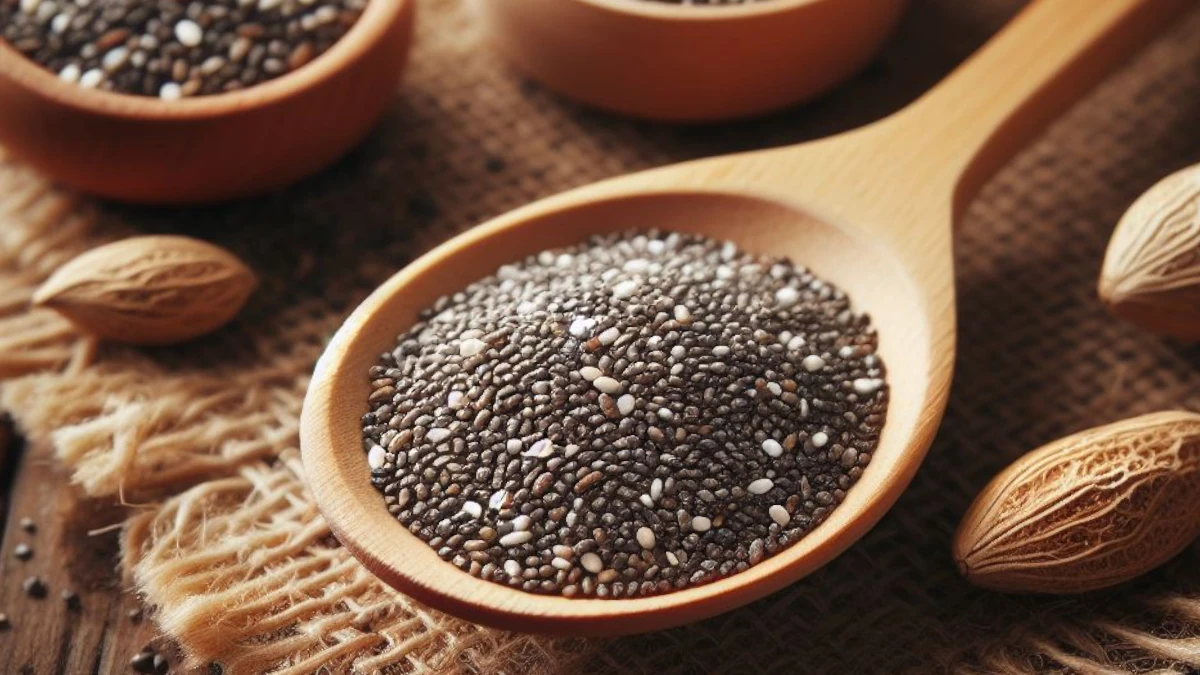
For example:
A well-balanced and healthy diet that strengthens your immune system and lowers inflammation is important.
This means you should eat a lot of fruits, vegetables, whole grains, lean protein, and good fats, and avoid processed foods, added sugars, alcohol, and caffeine.
Make sure to drink plenty of water to keep yourself hydrated and eliminate toxins from your body.
Water can also help you avoid dryness and irritation of the skin and mucous membranes, which can lead to outbreaks.
Consider taking l-lysine supplements, which can help prevent herpes outbreaks and stop a cold sore before it emerges by limiting the availability of arginine for the virus, which it requires to produce a cold sore.
Other food supplements, such as vitamin C, zinc, selenium, and antioxidants, can help you boost your immunity and protect your cells from oxidative stress.
Your immune system can be weakened and inflammation can be increased by foods that can cause allergic reactions or sensitivities, such as gluten, dairy, nuts, eggs, or shellfish. Avoid these foods to avoid outbreaks.
Check more food information
